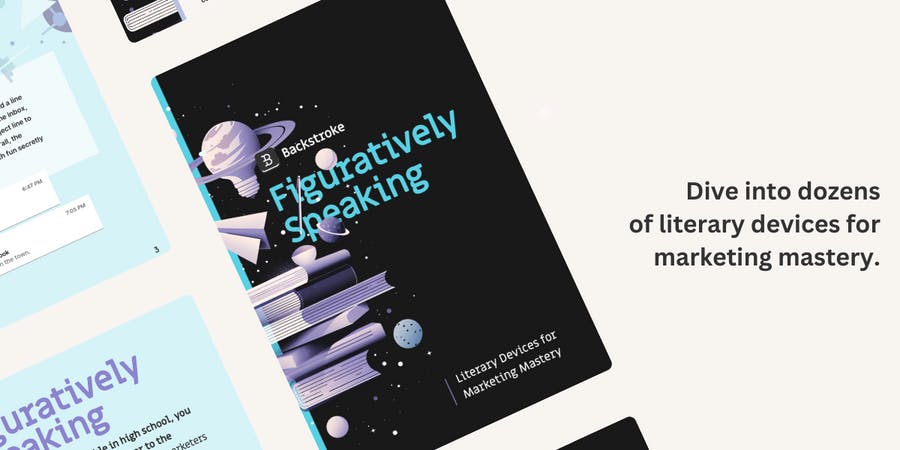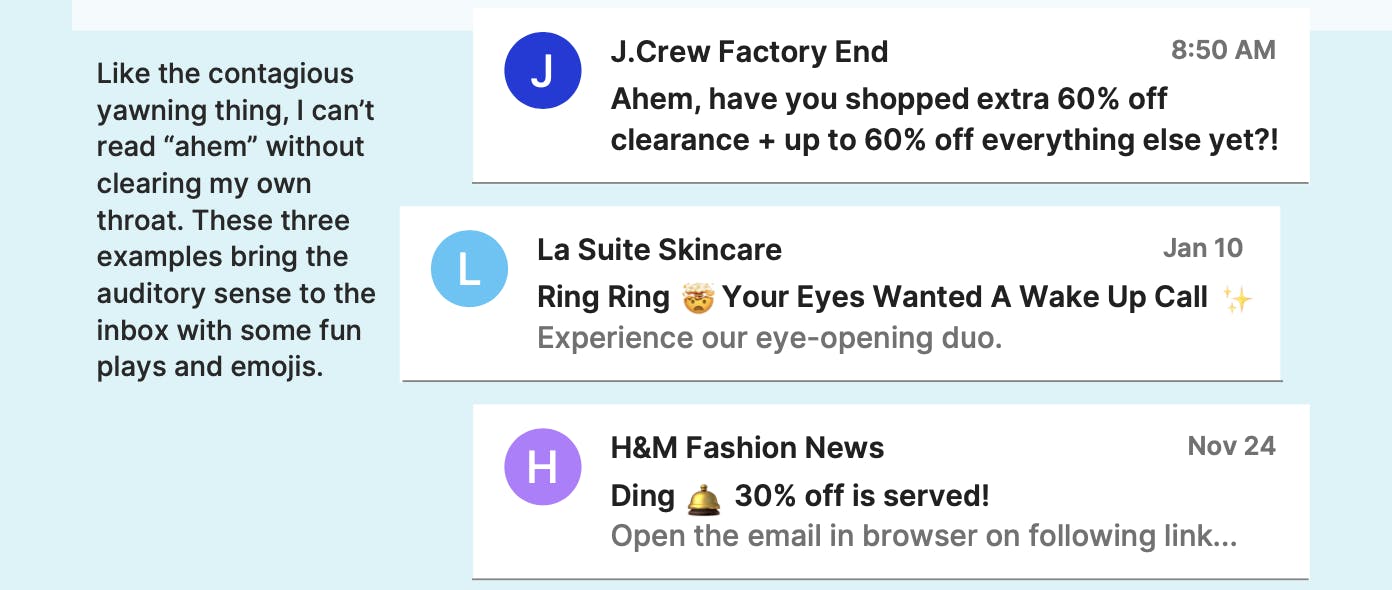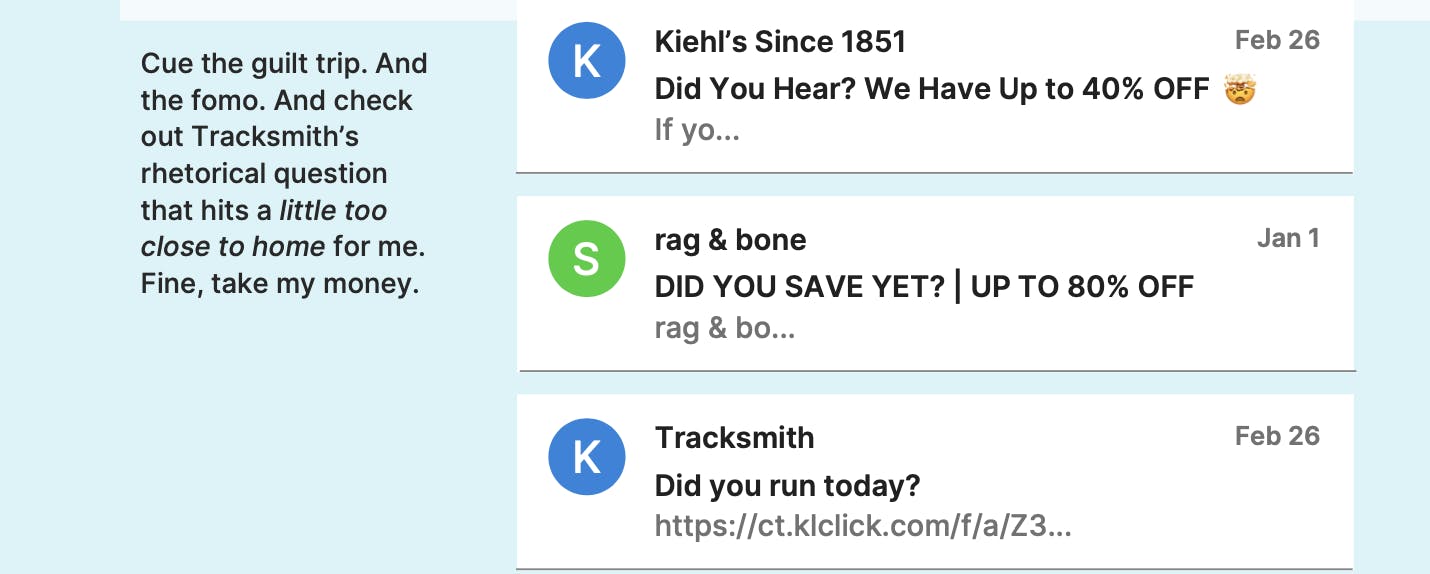Raise your hand if you enjoyed high school English class!
Now raise your hand if you remember anything from high school English class!
There were likely fewer metaphorical hands raised for that second question. That’s ok, because you’re about to recall it all.
The fundamentals of language, which you surely learned in high school English class, are just as critical to your marketing work today, as they were to your essay writing back in the day. Things have changed though, thanks to the emergence of technologies that can help us become better writers.
Now that AI-powered copywriting tools are available, marketers must use them, while simultaneously recalling the fundamentals of their training and weaving everything together with their creative know-how. You have the skills to write great copy. Everything from your English education to AI-fueled insights are here to help you do it.

In order to enhance the interesting subject lines you write—and provide a healthy dose of creative inspiration—we’ve published a free guide that ties together all the writing tools at your disposal. Figuratively Speaking dives into dozens of literary devices that will help you master marketing, especially when it comes to writing your best email marketing subject lines. It even includes examples of real-world effective email subject lines that showcase each literary device, so you can see how the lessons from high school English are still as important and effective as ever.
Examples of Effective Email Subject Lines and The Literary Devices That Drive Them
With ultra-limited space, nowhere is it tougher to write truly effective copy than in an email subject line. You’re challenged to connect with your subscribers in 50 characters or less.
This means that marketers need to use all the tools at their disposal to craft the very best subject lines. Wordplay is a powerful way to enhance this copy. So let’s take a look at a few examples of impactful literary devices, how they work, and the very best email subject line examples from today’s top brands!
Onomatopoeia
They’re fun to say. They imitate the sounds they describe. They can also make for some pretty fun email subject lines. Here, we see three examples of retailers bringing a sense of sound to their subscribers’ inboxes.

Rhetorical Questions
Want to capture ever-coveted inbox attention? Want to inspire subscribers to subconsciously answer you? Rhetorical questions are primed for effective email subject lines, because they make a point while asking a question and inspiring thought . . . all without expecting an actual answer.

Tmesis
Well-lah-de-freakin’-dah! You probably never dreamed that you’d hear of this word again. Tmesis means to cut words up and inject other words in the middle of them. While we can’t say it’s super common to see in inboxes, it can abso-freakin’-lutely capture a lot of attention.

Get Ready to Write Your Most Effective Email Subject Lines
There are many other literary devices you’ve probably forgotten about. And they’re practically itching to help you write your brand’s most effective email subject lines.
Entice subscribers with enjambment. Beguile them with blank verse. Coax out their clicks with rhyme and rhythm.
Our free Figuratively Speaking ebook will help you recall dozens of unique literary devices to inspire your best subject lines. When used alongside Backstroke’s email subject line generator, you’ll be crafting your brand’s best-ever, click-inspiring, and most effective email subject lines yet.